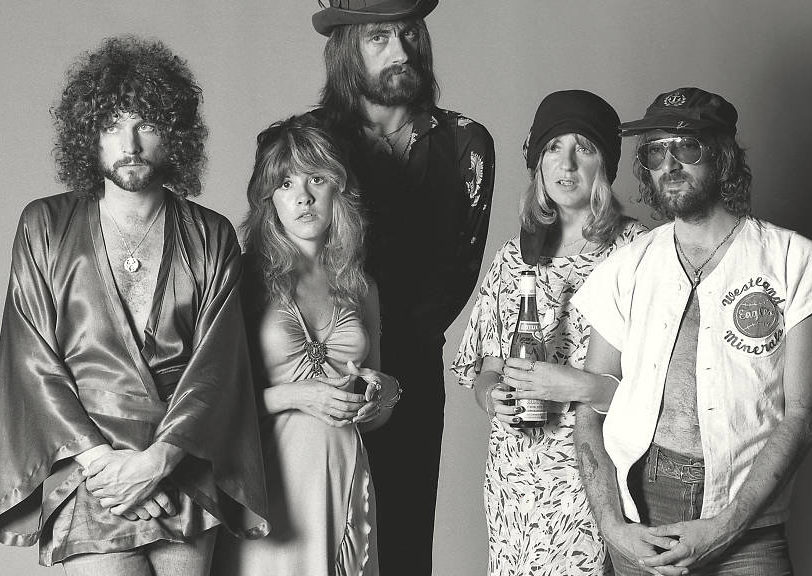As the world awoke from the 60s dream, the best 70s musicians sounded the alarm through a giddy mix of socially aware lyricism and gleefully escapist live performances. From brooding folkies to theatrical provocateurs, these ten great artists inspired us with their boundary-pushing talents and hair-raising audacity.
Listen to our 70s playlist here, and check out the best 70s musicians, below.
10: Neil Young (1975-)
Once hailed by critics as a successor to Bob Dylan, Neil Young quickly proved himself a singular talent who defied such comparisons. Edgy and ever-changing, the best Neil Young songs were rooted in folk-inspired rock, but he wasn’t shy of penning piano-led paeans to Mother Nature (After The Gold Rush) or unleashing barrages of gloriously abrasive guitar riffs (Like A Hurricane). Infusing his music with lyrics ranging from the strident (Southern Man) to the despairing (Only Love Can Break Your Heart), Neil Young seemed to stand alone among the best 70s musicians, offering an outsider’s critique of an industry still reeling from the collapse of 60s idealism. His sometimes acerbic worldview endeared him to a whole generation of punk-inspired musicians, Nirvana’s Kurt Cobain and Pearl Jam’s Eddie Vedder among them, earning him the title of “Godfather Of Grunge”.
Must hear: Like A Hurricane


